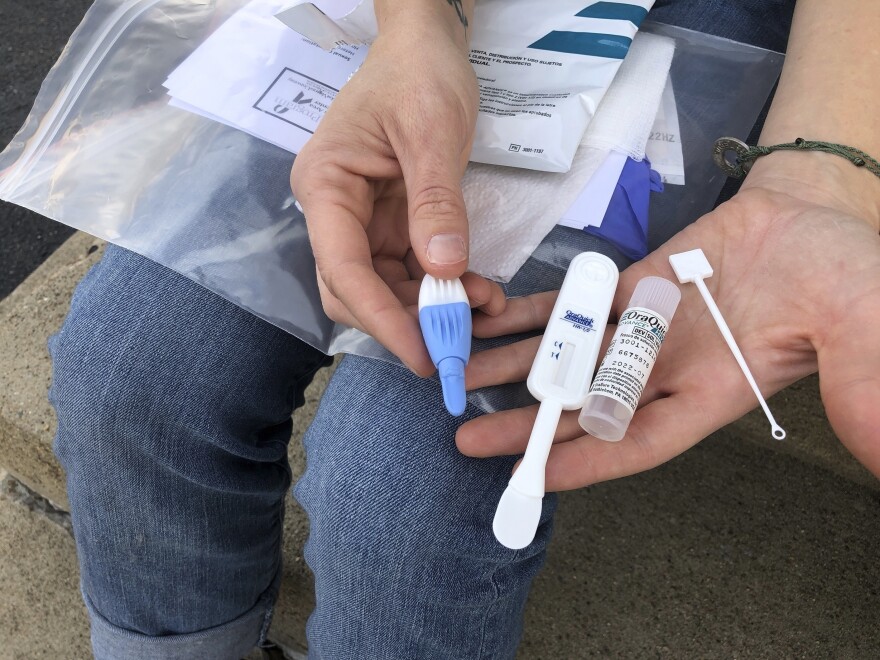Officials from the Cleveland Department of Public Health and the Cuyahoga County Board of Health are meeting with stakeholders to devise strategies to ensure individuals living with HIV can still access their medications regardless of future cuts to Medicaid.
The first meeting took place April 29 with the AIDS Funding Collaborative, a coalition of funders addressing HIV/AIDS, HIV activists, government officials, agency staff, academics and those living with the virus in response to concerns about future Medicaid cuts.
Medicaid is the primary source of health insurance for people living with HIV, providing coverage to 40% of the community, said Martha Halko, director of population health at the Cuyahoga County Board of Health. There are approximately 6,000 people living with HIV in Cuyahoga County, according to the Center for Community Solutions.
Ensuring coverage of medications by Medicaid is essential to these individuals' long-term health, she said, because preventative medication like PrEP, or pre-exposure prophylaxis, plays a significant role in reducing the number of new HIV infections, she added.
"Medicaid covers treatment, a variety of treatments, but most importantly also being antiretrovirals, which we want our people living with HIV to take consistently," Halko said. "Taking antiretrovirals reduces viral load, and we know that is critical for preventing HIV transmissions to others, and we know it helps people live longer and live healthier."
As the recent federal budget cuts more than $1 trillion in Medicaid funding, the group has started meeting more frequently, having met in early July with plans to regroup before the end of the month. While group members cautioned that no funding cuts are currently affecting HIV programs, they are planning ahead in case that should change.
One focus is on approaches used before Medicaid was expanded and the Affordable Care Act became law to ensure access, said Lita Wells, commissioner of health equity and social justice at the Cleveland Department of Public Health.
"There were a lot more participation in compassionate care programs that were provided by pharmaceutical companies," she said. "There were compassionate care programs that were provided by medical providers, hospital systems, clinics in the city, and so we're thinking about pulling all of those folks back together and [seeing], where are we right now and what are we all prepared to do, both in advocacy as well as action, should the unthinkable happen?"
The group is considering not only the best way to move forward, but who else to add to the workgroup, she said.
However, HIV activists like Gil Kudrin, a spokesperson for Act Up Cleveland, a grassroots political coalition, said officials are not acting quickly enough to secure stockpiles of HIV medications.
“They don't care enough in our government," he said. "If they did this plan, it would already be in place. People care more about the Browns stadium than they do about their neighbors, their cousin, their sister.”







